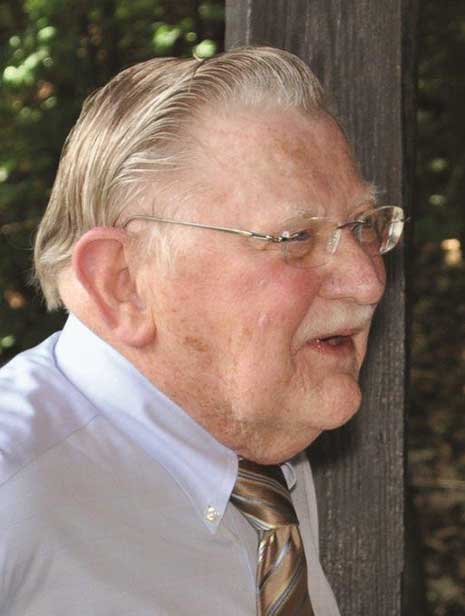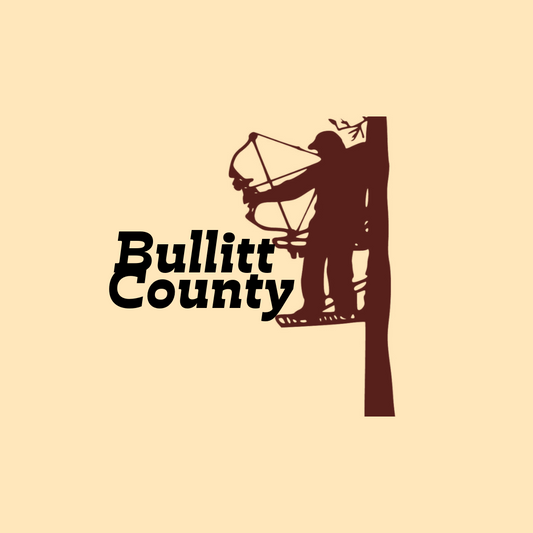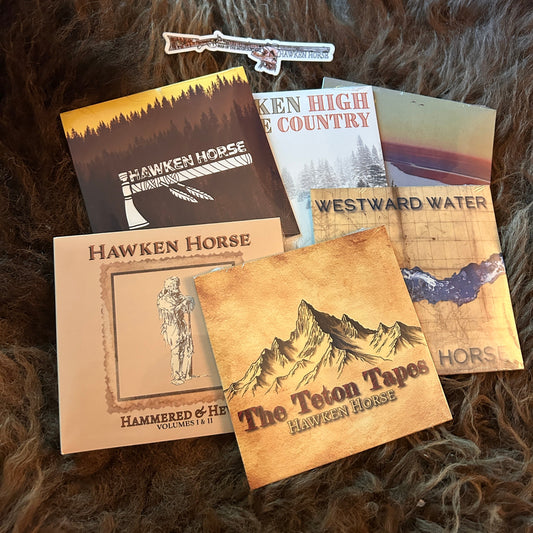There are two things that come to mind when I hear the name Allan W. Eckert: palatable history and work ethic. He loved history but he also wanted to make it tangible. He wanted people to care. And sometimes the best vehicle for getting a message across is using a more entertaining medium: fiction.
Titles like The Frontiersman, Wilderness Empire and Gateway to Empire were all accurately labeled as historical fiction. All the events in the books happened, where Eckert took liberties was with assumed dialogue and interactions. But in his later years, and even after his passing, he caught some criticism regarding historical accuracy.
As a songwriter, I definitely appreciate his desire to make a historical story more palatable for a broad audience. And to me, the bigger question is, how many people bought a muzzleloader or traveled to historical sites because of his writings? The truth is, his books lit a fire in me to seek out all the locations his books diligently cited.
Few people had the work ethic of Allan W. Eckert. If you've ever held one of his 3" thick books and taken note of the huge reference section you immediately realize the amount of work he put in.
In an early 2000s interview with Amazon.com, Eckert spoke about his writing routine:
"I start my work day, usually, about 2 or 3 a.m.," he says, "when any kind of interruptions are rare and I can quickly build up a good head of steam." He says he then works without break until dinner, sleeps, and then starts the process again the next morning. This level of concentration lasts until the project is finished. On some of his longer novels, he says he'll work this way for up to nine months. But then, he takes a break before he dives into researching another project. Eckert's drive to write is astounding, perhaps because he remembers those early years when nothing was published. Now he won't even slow down to eat lunch. "Fortunately," he says, "I have never required much sleep…."



